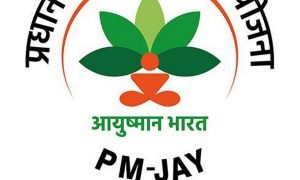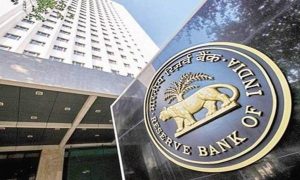One of the most common reasons for visa rejection is submitting an incomplete or inaccurate application. This may involve inconsistencies in your application, inaccurate information, or missing documents.
Visa application processes can be daunting, with the fear of rejection looming over many travellers. If faced with a visa denial, knowing how to navigate the aftermath, especially concerning fee refunds, is crucial. It’s important to note that not all visa fees are eligible for refunds. In most cases, visa application fees are non-refundable, regardless of the application’s outcome. These fees are designed to cover the administrative and processing costs associated with reviewing your application. The specific refund policy is typically detailed in the visa application guidelines provided by the embassy or consulate where you submitted your application.
In the event of a visa denial, understanding the intricacies of fee refunds is essential. By familiarizing yourself with the refund policy outlined in the application guidelines, you can better prepare for potential outcomes and manage expectations effectively. For example, if you paid for expedited processing or additional services (such as visa courier services) that were not utilised, you might be eligible for a partial refund. Review the specific refund policy of the embassy or consulate where you applied, as policies can vary depending on the country and type of visa. Here’s a comprehensive guide to help you through the process.
Read More: Petrol, Diesel Fresh Prices Announced: Check Rates In Your City On August 6
Common Reasons For Visa Rejection
- One of the most common reasons for visa rejection is submitting an incomplete or inaccurate application. This may involve inconsistencies in your application, inaccurate information, or missing documents.
- Visa authorities need to be convinced that you have the financial means to support yourself during your stay. Insufficient or dubious financial documentation can lead to rejection.
- For some visas, particularly Schengen visas, having travel insurance is mandatory. Failing to provide adequate insurance coverage can result in denial.
- Any history of overstaying or violating visa conditions can negatively impact your current application.
- If you have a criminal record, getting a visa may be very difficult. Different countries have different thresholds for what constitutes a disqualifying offence.
- If the authorities suspect that you intend to overstay your visa or that you have ulterior motives for visiting (such as illegal work), they may reject your application.
- Travelling to a foreign country needs a considerable amount of funds. Hence, financial stability and availability to bear the trip’s expenses are essential.
Read More: Relief for property owners: LTCG indexation changes could apply from FY26
How to request for refund after visa rejection
Reaching out to the embassy or consulate where you submitted your visa application is the first step in requesting a refund. Provide them with essential details such as your reference number, application date, and any supporting documents. Some embassies may require you to fill out a specific refund request form, which can be obtained from their website or through direct contact.
When submitting your refund request, remember to include all relevant documentation that supports your claim. This may consist of receipts, proof of payment, and a copy of your visa rejection notice. It’s crucial to follow up with the embassy or consulate after submitting your request to ensure it is being processed. Keeping a record of all communications and documents related to your refund request is advisable for future reference and tracking. By following these steps diligently, you can navigate the visa refund process effectively and increase the chances of a successful refund.
Alternative solutions
If a refund is not possible, consider other options such as reapplying for the visa or exploring different visa categories. Sometimes, understanding the reasons for your visa rejection and addressing those issues in a new application can improve your chances of approval.
For those particularly worried about visa rejection, some travel insurance policies or travel agencies offer a 100% refund on bookings if your visa gets rejected, according to Times of India reports.
For more news like this visit Officenewz.com





































